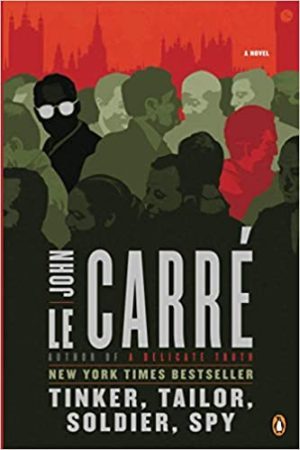Not long ago, I was in an online chat. A woman had just been offered representation by an agent, and she was over the moon. She was concerned, however, that the agent had asked that parts of the story be rewritten in a different direction. Others in the chat rose up in a banter about how much a writer should sacrifice for an agent or publisher.
Writers do not know everything about what makes their story great. They write with blinders on. They have birthed this tale and think it is as it should be. Then along comes an agent, editor, or publisher that shakes the writer’s world by saying it could be better by adding this, deleting that, or taking a different path.
The mature writer welcomes such suggestion. The mature writer realizes that they are not all-knowing. Someone who has handled dozens if not hundreds of stories, and seen how change can reform a manuscript into something grander, just might be able to take your good story and make it great.
“Sure,” you say, especially when talking about someone else’s work. “They are professionals.” But when it comes to your writing, you tend to think that a critiquer doesn’t know your story like you do, leading you to want to dig in and not change a thing.

You are not perfect. Honestly, you cannot write a perfect story. Whatever story you have read that you felt flawless, there was an agent, editor, or publisher involved who altered it and helped it get there. In this chat I mentioned above, I stated that I often accepted 90 percent of the editor’s suggestions on my books. Instead of marveling at that percentage, a participant asked what I did in the other ten percent. I said we negotiated, and I literally picked what I could sacrifice for the sake of keeping something else.
I repeat . . . you do not know it all, even if it is your own writing.
Crimereads.com recently had an article about how a struggling novelist listened to advice from a master, in this case, John Le Carre.
“You need to remember this. The cat sat on the mat,” said David (aka John Le Carre). “That’s not a story. But the cat sat on a dog’s mat. Now that’s a story.”
That is such simple advice. And if the writer had not cut himself open in front of this master, asking for suggestion with an open mind, he would not have received this and improved his words.
Be open to listening. You don’t have to implement all the change, but you cannot say you don’t need a critique. Everyone needs tweaking if not downright an overhaul. It takes maturity to take it, listen, and sort through it for what you wish to keep. I’ve seen editors who were so-so writers but could dissect other’s writing with skilled precision. And I’ve seen writers who could not edit worth a darn.
The writer creates art. The priority of agents and publishers, however, is to create a product that sells.
Leave a Reply